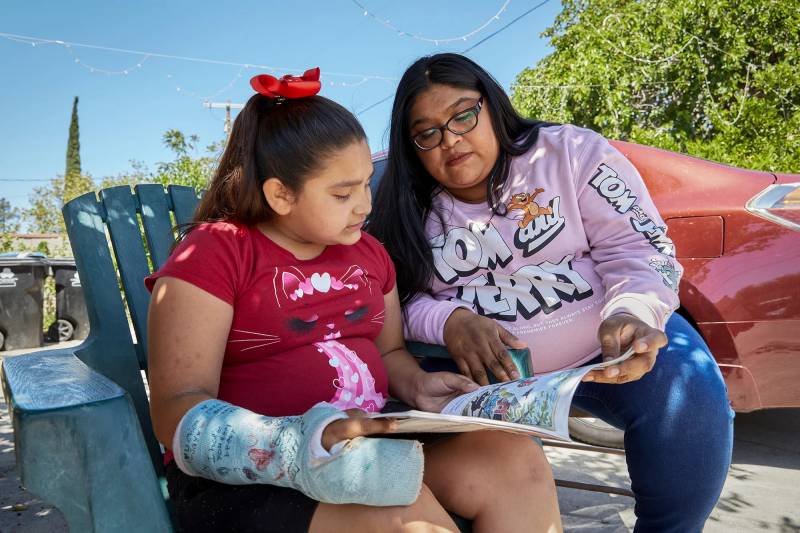While California has committed billions of dollars to support the mental health of K-12 students, little has been dedicated specifically to children 5 and younger.
Advocates say this needs to be addressed, and are asking Gov. Gavin Newsom to set aside $250 million in the state budget to support the mental health of infants, toddlers, preschoolers and their parents and caregivers.
Kids under 5 account for almost a quarter of all Medi-Cal recipients under 21 but do not receive a proportionate share of health and mental health care compared to older youth, according to Children Now, an advocacy organization focused on the health and welfare of California’s children. At least 43% of those children under 5 have experienced at least one adverse childhood experience. These experiences — including violence, abuse or neglect — have been connected to chronic illnesses later in life, and to death.
